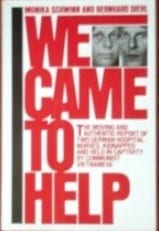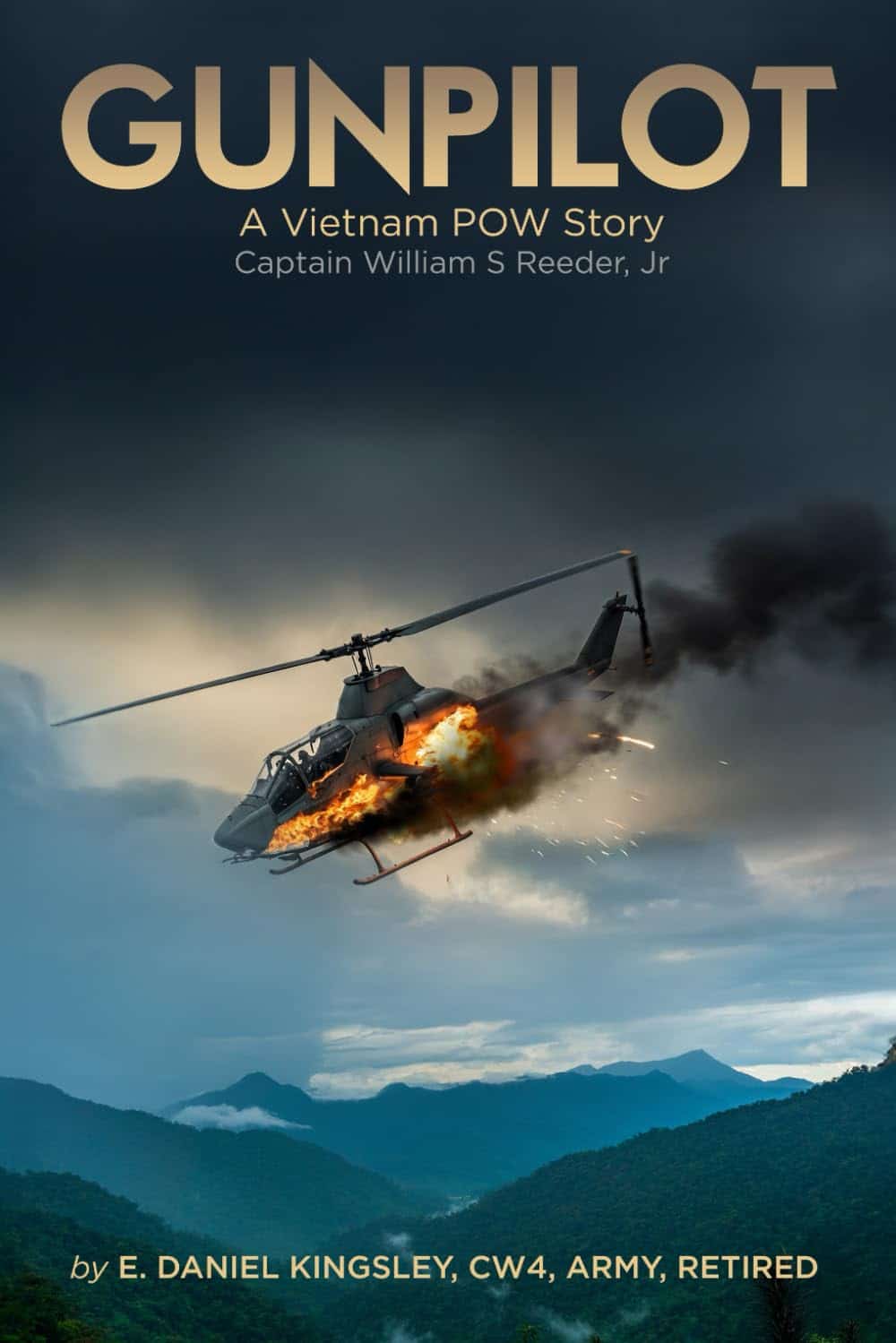In describing his seven and a half years as a prisoner of war in North Vietnam, the late Vice Admiral James B. Stockdale has said: “In that atmosphere of death and hopelessness, stripped of the niceties, the amenities of civilization, my ideas on life and leadership crystallized.” Despite torture, intimidation, and isolation, Stockdale fulfilled his duties as senior officer among the prisoners with intelligence and courage, defining rules of conduct and maintaining morale. He often described the intense pressures of that situation as a “melting” experience, in which preconceived feelings, fears, and bias melt as one comes to realize that, under the gun, you must grow or fail—or, in some cases, grow or die.
This collection of his essays and speeches from the 1980s and 1990s reinforces how that experience formed a lifelong basis for his philosophical thought on issues of character, leadership, integrity, personal and public virtue, and ethics. The selections in this volume all reflect, in one way or another, a central theme: how man can rise with dignity to prevail in the face of adversity.








